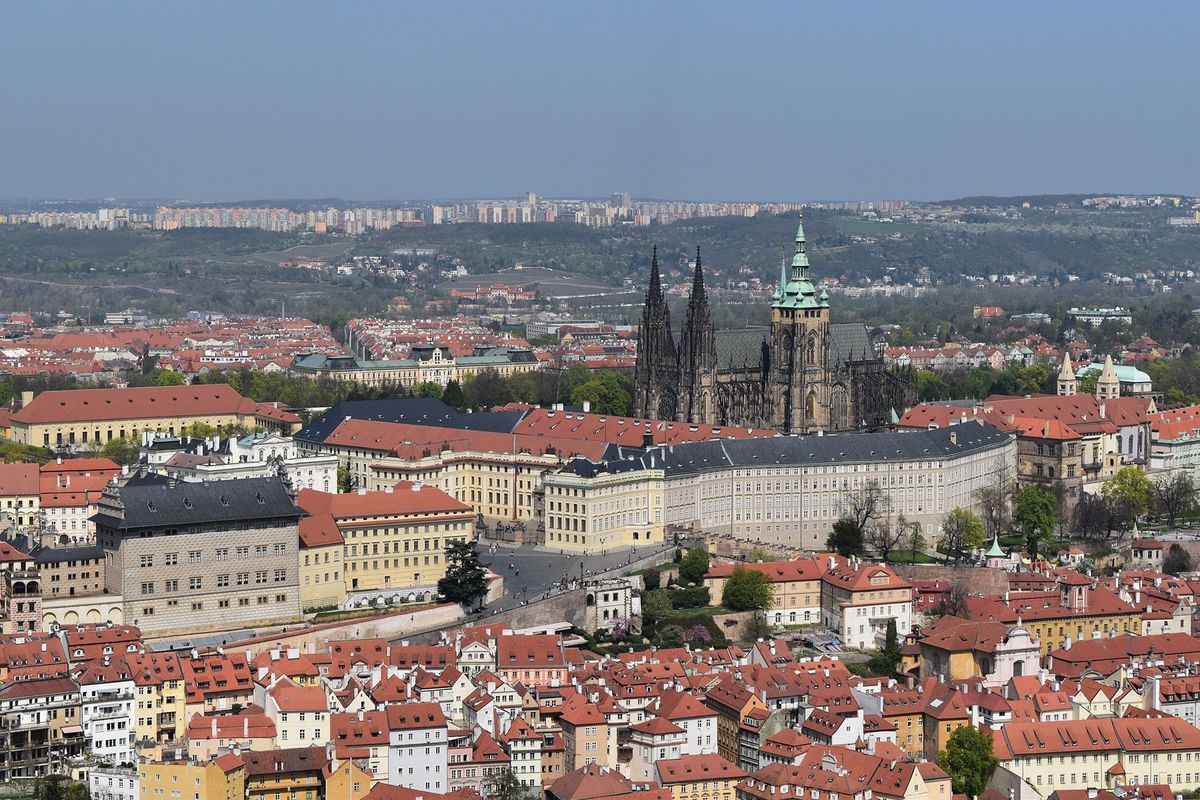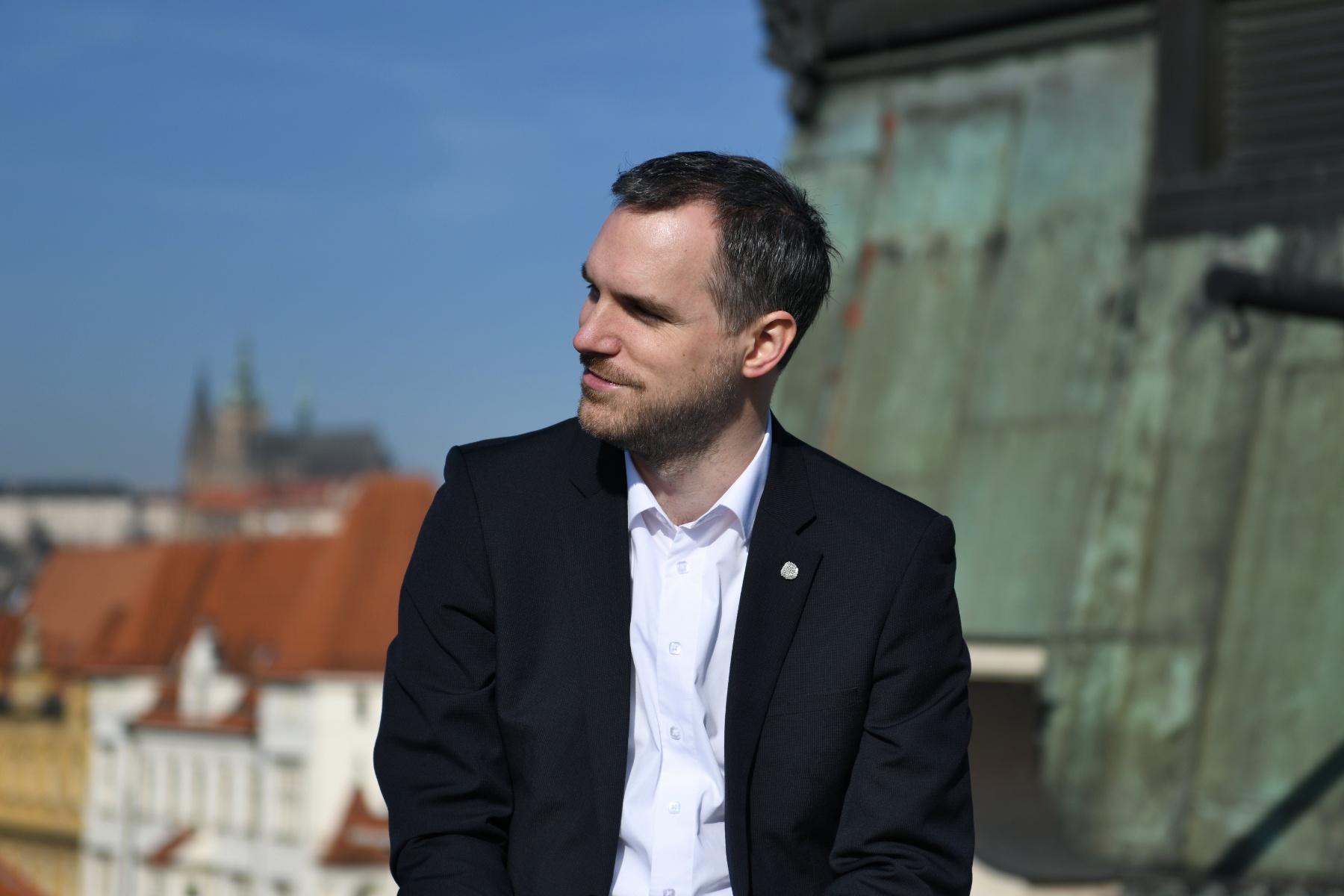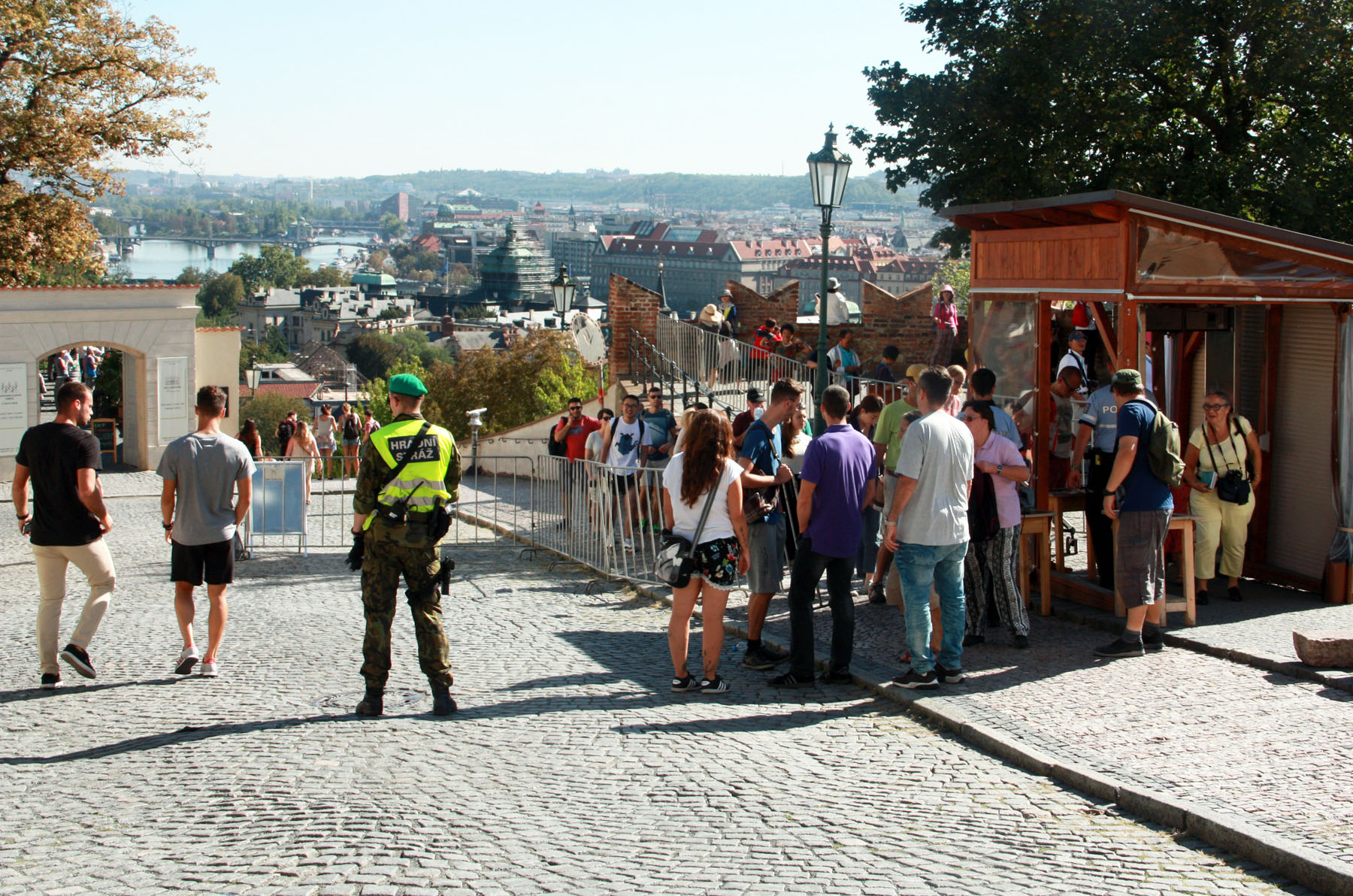Prague mayor goes to war with Airbnb

A few minutes every morning is all you need.
Stay up to date on the world's Headlines and Human Stories. It's fun, it's factual, it's fluff-free.
Speaking to The Observer on February 1, Zden?k H?ib, the Mayor of Prague, said he was pushing plans that would ban property owners in the Czech capital from leasing out entire flats on sites like Airbnb to tourists unless it was their own home and they were only temporarily not occupying it.
The proposals limiting rentals to single rooms in accommodation where the owner also resides comes after the mayor criticized Airbnb for pricing Prague residents out of the local housing market.
While reporters were interviewing him in Prague’s city hall, H?ib said that the plans are part of a broader scheme to “give Prague back to the people of Prague." The mayor added his proposals would also help combat the adverse effects of tourism on the city. According to H?ib, Airbnb’s growth has turned Prague into a “distributed hotel." A lack of regulation, the mayor added, has been “eating the city from inside".

“In the past, you could limit the number of tourists in the city simply by approving a certain number of hotels of certain capacity during the process of building permits," said H?ib. But due to Airbnb’s growth and consolidation in the city in recent years, H?ib added, “Now in Prague, there is no possibility for the city to limit the accommodation capacity for tourists. The numbers are really critical."
Previous attempts to regulate Airbnb in popular tourist destinations like Prague have failed, and the European Court of Justice recently ruled that platforms like Airbnb are “information society services" not estate agencies, making it more difficult to regulate them.
But H?ib thinks that he could successfully introduce legislation to impose restrictions on accommodation available for rent on Airbnb. To do this, the mayor will attempt to persuade the Czech regional development ministry to support legislation granting local authorities the power to issue laws on short-term holiday lets according to local conditions. The mayor also believes that there is growing political support to pass legislation limiting Airbnb’s operations.
Although the mayor seeks to introduce new laws that limit the website, he is not wholly opposed to the existence of Airbnb in Prague.
“The best way would be to regulate Airbnb in a way that the original shared economy idea would be preserved. That means renting a room in your home would still be possible. However, it would not be possible to rent a whole flat that is not inhabited, or at least to lease it through the whole year," he said
Both sides respond
In response to the country’s pushback, Airbnb told The Millennial Source that the company has “…approached the City of Prague on several occasions and offered to work together, e.g. on the automated collection and remittance of tourist tax via the Airbnb platform…hopeful that [they] can find a common solution in future.
“Airbnb wants to work towards fair and evidence-based rules that work for everyone in Czechia," added Kirstin MacLeod, spokesperson of Airbnb.
Prague City Tourism spokesperson, Barbora Hrubá, also spoke with our journalists stating that she understands it is a “complicated issue."
“On the one hand, the accommodation providers often do not respect laws, rules and regulations that others [like] hotels and hostels have to uphold. At the same time, we take the grievances of residents, who complain about disturbance after quiet hours, loud parties and lack of safety (strangers in the house), very seriously.
“But on the other hand, Airbnb helps us with a few goals that are a part of our long-term strategy."
An increasingly popular tourist destination

The number of tourists visiting the Czech capital has steadily increased. In 1989, 1.6 million visitors arrived in Prague. By 2000, this number had increased to 2.6 million. In 2017, the same year a Euromonitor study ranked Prague as the fifth most popular European destination, behind only London, Paris, Rome and Istanbul, Prague City Tourism reported that 7.6 million people visited Prague. Meanwhile, 2018 saw a record 7.9 million tourists visit the city.
Residents say that the number of visitors to the Czech capital, which has a population of 1.3 million, strains local services meant to support a much smaller community. Although tourists arrive in their millions, people who once lived in Prague “have moved away, so services, shops, cheaper restaurants have gone with them," a citizen of Prague told Reuters.
According to Prague City Tourism, tourists dominate the city’s historic center, with the only respite coming in the winter months. The organization also reports that about 70 percent of visitors to Prague are first-timers, leading experts to conclude that tourism will only continue to increase. A lifelong resident of Prague told the Observer that tourists “are coming just for a very small number of purposes, and buildings, and those who want to make profits from the presence of the tourists worsen the situation."
To combat over-tourism, defined by academics as the “the excessive growth of visitors leading to overcrowding in areas where residents suffer the consequences, which have enforced permanent changes to their lifestyles, access to amenities and general wellbeing", Prague’s city council has introduced a variety of measures. Council members vowed to crack down on pub crawls and limit alcohol serving times. Posters displayed around the city inform visitors they need to keep quiet in the streets after 10 pm or face a fine, and the council encourages residents to report disturbances coming from short term rental properties. Meanwhile, pub-crawl and alcohol-based walking-tour companies face greater scrutiny for violations.
Airbnb in Prague
The rise in tourists arriving in the Czech Republic, and in particular Prague, has led to the increased use of Airbnb. A study found that over a million people used the platform to book accommodation for their visit to the Czech capital. According to the Prague Institute of Planning and Development, about 12,000 properties were listed in Prague on Airbnb in 2019, up from about 5,500 in 2016. A report from Prague Morning suggests that 80 percent of properties available for rent are entire flats.
Most of the rentals are in the city center. As a result, the central district of Prague has lost nearly half its residents. Data shows that there were 21,556 registered in 2017, down from 36,862 in 1990. Alongside fewer residents, property prices in central Prague have increased by 50 per cent since 2013.
Local officials say that platforms like Airbnb, which list a quarter of all properties in the area as available to rent on their sites, are to blame for increased housing costs. Several studies support this conclusion. Researchers found that property prices go up in areas that have high amounts of accommodation available for rent on Airbnb.
Critics say that the increased availability of short term rentals is pushing out long term inhabitants of the city center and turning it into a place only tourists can afford. Jan Štern, who became Prague’s first “nightlife mayor" in 2019, called the prospect of Prague’s city center becoming a tourist only zone “humiliating.”
In addition to the increased property costs and the pushing out of local people and businesses, residents claim that tourists visiting Prague and using sites like Airbnb often engage in antisocial behavior, ranging from drunkenness to excess littering. Confirming residents’ concerns, 250 complaints were made against tourists staying in Airbnb rentals located in the city center of Prague during the first three months of 2018.
[article_ad]




Comments ()